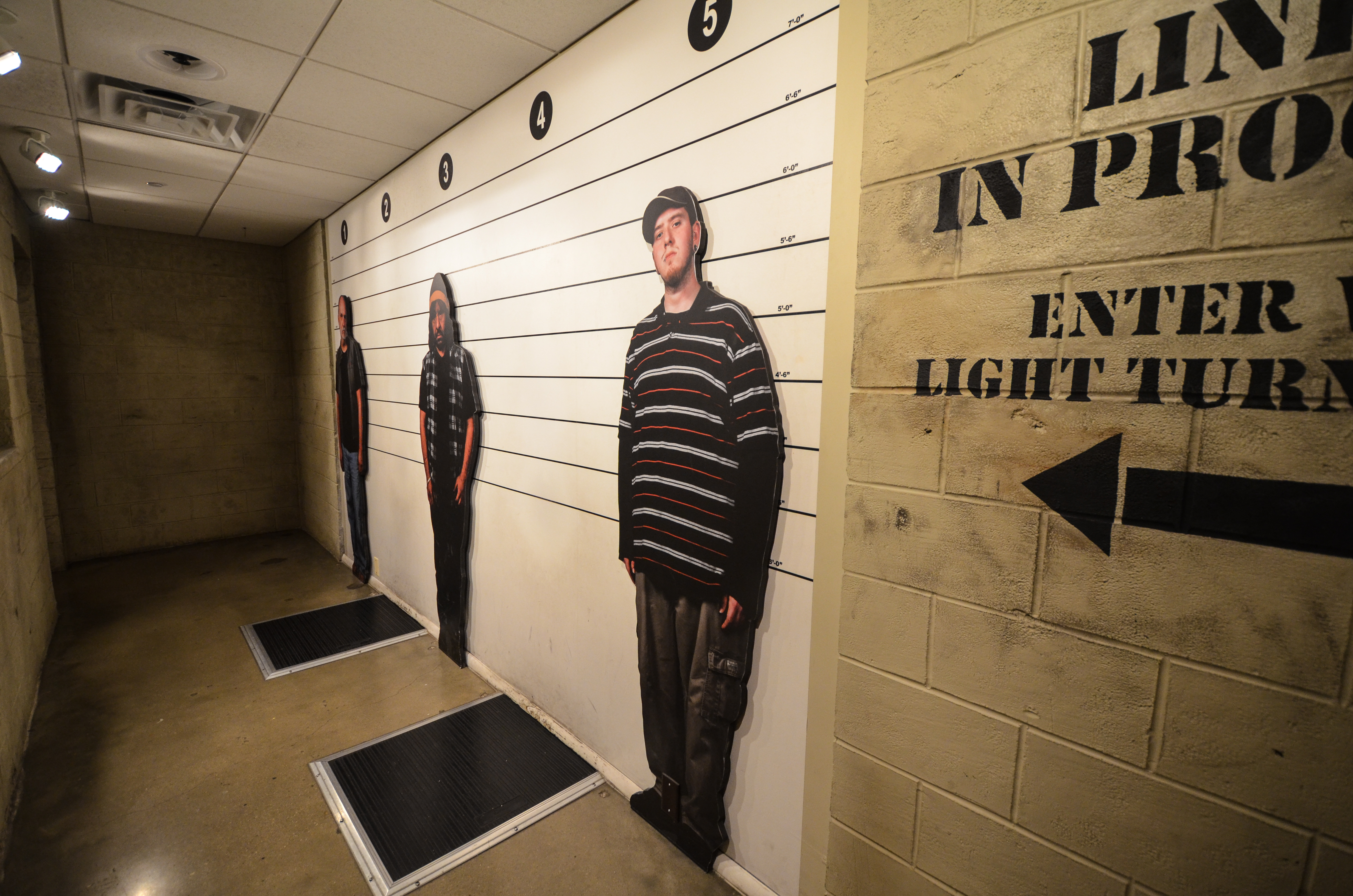The 5 Ways Rape Survivors Struggle to Move On

By:
For rape survivors, the attack is often just the tip of the iceberg.
Nearly one in five women and one in 71 men in America are victims of rape, according to the National Sexual Violence Resource Center. While the physical trauma they experienced subsides, the mental and emotional stress could persist for months, years, or even a lifetime.
"It can be such a life-altering event and people sometimes really underestimate the impact and how people cope with trauma in general," Joyce Lukima, COO of the Pennsylvania Coalition Against Rape, tells ATTN:.
The pain rape survivors feel isn't necessarily visible, either, and a victim might appear to be improving while still struggling on the inside. "Some people just feel that they can push it out of their mind and not think about it," Lumika adds.
Here are some hidden struggles of victims of sexual assault:
1. They may engage in risk-taking behavior.
Because rape can make victims feel like they've lost control of their lives and sexuality, they sometimes engage in risk-taking behavior, such as promiscuity or substance abuse, to feel like they are back in the driver's seat. Lukima said their thinking may become something like: "I was living this straight-as-an-arrow life, and that didn’t keep me safe, so I’m going to take control of the situation."
Psychotherapist Hannah Legge writes that sometimes victims may become promiscuous to prove to themselves the rape didn't faze them; sometimes it's to project that sex isn't a big deal to them.
"(Being promiscuous) is not something that happens to everyone, but it can happen, and people are surprised by that because they picture women being in their house with their doors locked," she explains.
A 2004 study in the journal Health Psychology found that 38 percent of sexual assault victims behave more promiscuously following the attack, while 48 percent become less sexually risky. A 2000 National Women's Health Study found that rape survivors were around 13 times more likely to have two or more alcohol problems, and 26 times more likely to have two or more serious drug problems.
2. They may have to constantly relive what may have been the most traumatic incident of their life.
Experts estimate only 5 to 20 percent of sexual assault victims go to authorities, which means the majority of rapes remain unreported. Victims' reluctance to involve law enforcement could have something to do with the lengthy, multi-step emotional ordeal they would face.
Unlike reporting a theft — which is typically a simple, straightforward process — reporting a rape can entail repeated visits to police departments to view lineups, provide descriptions of the assailant, and review specific details about the case immediately following the attack, a time when victims may still be in shock.
 m01229/Flickr - flickr.com
m01229/Flickr - flickr.com
Victims may also endure a two- to four-hour invasive exam at a time when they are already vulnerable with their body.
"We’re doing pubic hair pulls or combs, we’re doing swabs of the outside of the genitalia … and then we’re doing a speculum exam (which is internal) and taking swabs that way, and if there was an anal assault we’re doing swabs there," Kim Hurst, director of the Sexual Assault Forensic Examiner program in Detroit, told TIME. "And then we use a colposcope (a specialized medical camera) to take pictures of genital injury."
When the media covers sexual assault cases, the public often feels like they have license to weigh in, candidly discussing their opinions, which sometimes includes victim-blaming, without regard for how the victim in question might feel reading them — or, for that matter, the hundreds of thousands of victims who are forced to relive their trauma every time the media decides to report on a rape.
Society as a whole could help victims of rape by approaching the issue when it's in the news with more sensitivity. "Even if people aren’t saying things directly to you, you still feel the impact," Lukima notes.
3. They may have sexual intimacy issues.
While some individuals may find comfort in relationships, for others, intimacy is an obstacle.
"For some people, being in a sexually intimate relationship after they’re sexually assaulted could be a really scary thing," Lukima said. They could start seeing sex as an obligation, become resistant to touch, have trouble getting aroused, or even experience physical pain, among other things.
Intercourse is also very daunting. As one rape victim writes on Thought Catalog: "Nobody tells you that the first time you do take off your pants in front of a potential partner you’ll cry almost immediately and put them back on, leaving without an explanation. You’ll feel embarrassed and stupid and you’ll wonder if you’re ever going to be capable of intimacy ever again."
Time and healthy sexual experiences will help rape survivors heal, but it's recommended they steer clear of people, things, and media that portray sex as aggressive; use positive and neutral language when speaking about sex; take an inventory of their sexual attitudes; talk about healthy sexuality with therapists, support groups, partners, and friends; and empower themselves by learning about their sexual rights and healthy sex, according to the University of Alberta Sexual Assault Centre.
4. They may become hyper-vigilant.
About one-third of rape victims experience PTSD and the other two-thirds may experience PTSD-like symptoms, according to Lukima. Symptoms of PTSD from sexual assault include nightmares, repeated flashbacks of the attack, increased overall negativity, irritability, and an avoidance of everything reminiscent of the rape — like thoughts, feelings, places, and situations, according to the National Center for PTSD.
Another common symptom triggered by trauma is hyper-vigilance, or increased alertness. Victims may become fixated on what's going on around them to make sure they're safe, making it tough to focus on anything else, even everyday tasks like sleeping.
"For some people, it may be hard to work, or if they’re in school, it may difficult to go to classes," Lukima told ATTN:.
5. They may experience detachment from relationships.
No one thinks they're going to be sexually assaulted when they leave their homes in the morning. This is why when it happens, numbness and a feeling of detachment — the impression that nothing is real — normally follow, according to the American Academy of Experts in Traumatic Stress.
Especially if they feel family members or friends are asking too many "why" questions or not understanding what they're going through, sexual assault victims may push people who are close to them away, says Lukima. Sometimes survivors are trying to move on by avoiding anything that could trigger a flashback, but family and friends, in an attempt to make sense of what happened to their loved one, may persist in bringing up the incident.
"They feel like they’re trying to be understanding, but the questions come off as judgmental," Lukima said. "They unintentionally can cause more harm."
Sometimes victims just have too much going on mentally and emotionally to engage in relationships in a healthy way. The assault may have eroded their trust in people, even family members. Or they may feel too embarrassed to face them.
According to Lukima, "It may be hard for them to stay emotionally present because the way they’re dealing is through detaching."
